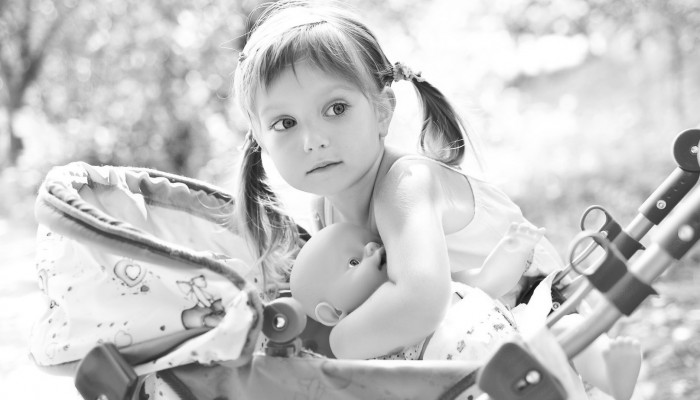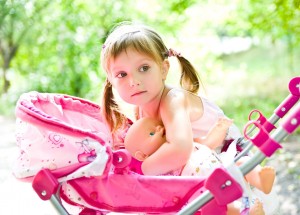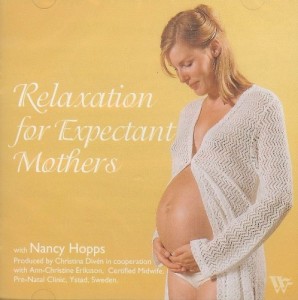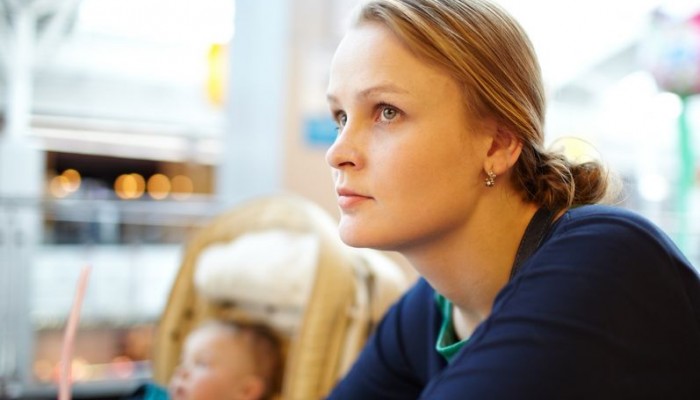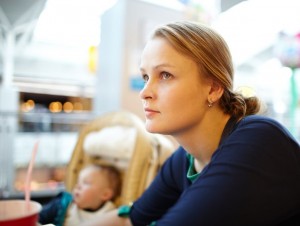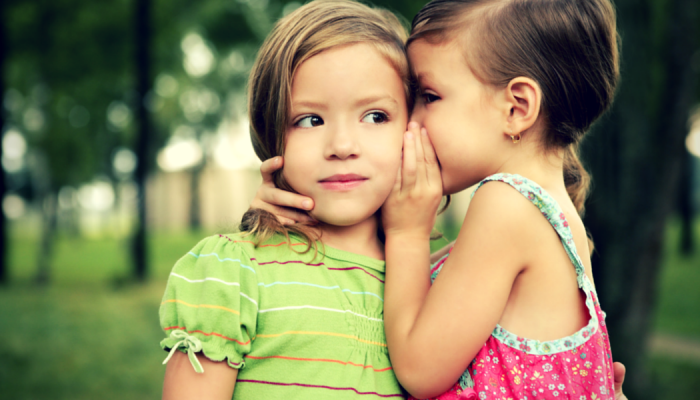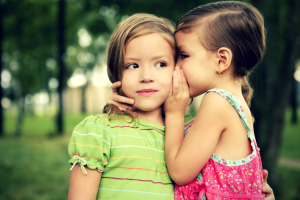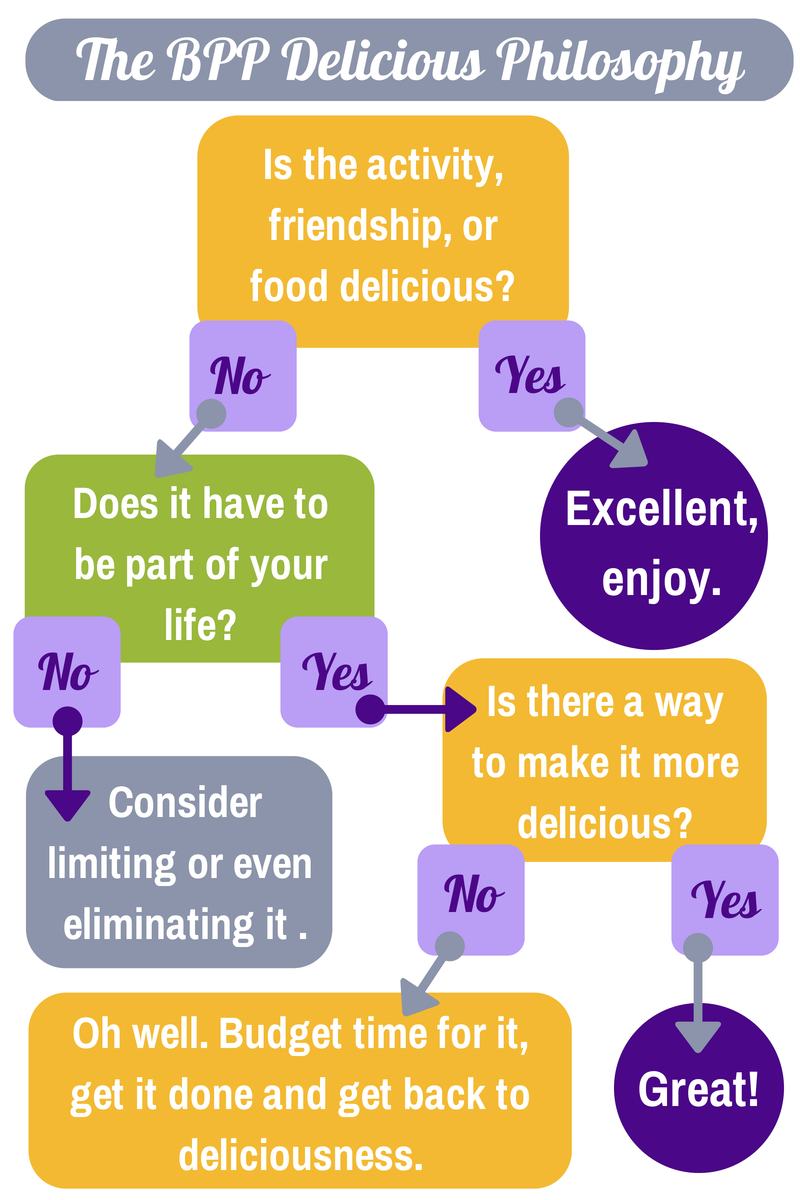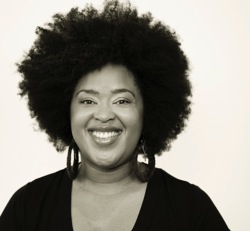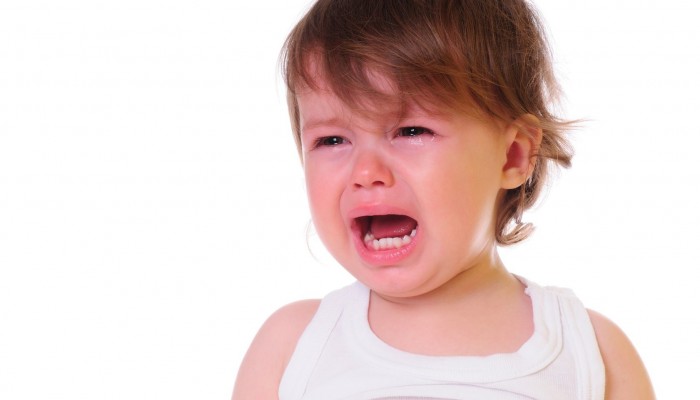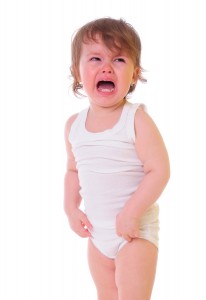
A few days ago, I opened up one of those “iPhone auto-correct text mishaps” posts on the Internet, and within seconds, I was laughing so hard, I had tears running down my face. Real, wet-my-cheeks tears. This sensation of crying – without understanding what the heck I was crying about – immediately brought me back to my days of pregnancy and new motherhood. Looking back, I probably could have filled a salt-water aquarium with all of the prenatal and postpartum tears I shed.
Prior to having pregnancy hormones coursing through my body, I rarely cried in front of others. I actually took pride in the fact that I maintained a rather poker-faced exterior. My husband affectionately nicknamed me the Ice Princess (this was pre-Elsa, mind you) because the saddest, most sentimental movie couldn’t get me to tear up. The Notebook had nothing on me. I maintained this silly determination to stay dry-eyed.
All bets were off after I became pregnant. You only had to give me a sappy American Idol episode, a baby food commercial, or a mention of pregnancy from a passing stranger and I was immediately boo-hooing. When my baby arrived, the crying increased. I experienced tears of astonishment and joy as I stared at the amazing little creature in my arms. Tears over how damn hard a natural thing like breastfeeding seemed to be. Tears because I was sleep-deprived and, let’s face it, a little delirious. Happy and sad and exhausted tears. Not to mention the tears frequently coming from my newborn’s little eyes. We went from a quiet, stoic house to a home of sniffles and Kleenex.
So what was all this crying about? It turns out that the extremely small, almond-sized hypothalamus, which is at the core of our reptilian brain, can’t really tell the difference between being happy, sad, overwhelmed or stressed. It just knows when it is getting a strong, emotional signal and in turn, triggers our parasympathetic system, which then triggers our tear ducts. If you think about the times when you are crying, it is usually when you are having an overwhelmingly strong emotion. The tears almost act as an overflow valve, releasing some of your emotional tension and allowing your body to rest and reset. Add hormones and sleep-deprivation to already intense emotions, and the flood gates are open for business.
From a psychological and social perspective, the researcher, Dr. Oren Hasson argues that the act of crying demonstrates vulnerability. It helps people to trust and feel sympathy for you. Crying also communicates that you crave attachment. Hmmm…. I think he just perfectly described the needs of new parents and babies, don’t you?
For me, becoming a parent kicked my parasympathetic system into high gear… and it never turned off. Despite my pregnancy hormones being long gone and my kids growing older, I am still easily brought to tears, and I don’t try to hide them now. Vulnerability is currently my middle name. Our children get to cry openly and loudly. We should allow ourselves to let it go as well, whether we are laughing hysterically, feeling deeply touched or just plain sad. Crying is innately human and nothing to be ashamed of. When you are an expectant or new parent you might find yourself doing a lot of it. Just think of it as a pressure valve that is allowing you to release some steam and heaviness, calm your body and then move forward.
If you’re looking for a release right now, check out that humor post I was talking about, 35 of the Most Concerning Auto-Correct Fails of All Time. Be Warned: May contain 7th-grade-boy-level laughs, profanity, and just possibly, a few tears.
Here’s to Sanity and Kleenex,
Kirsten


